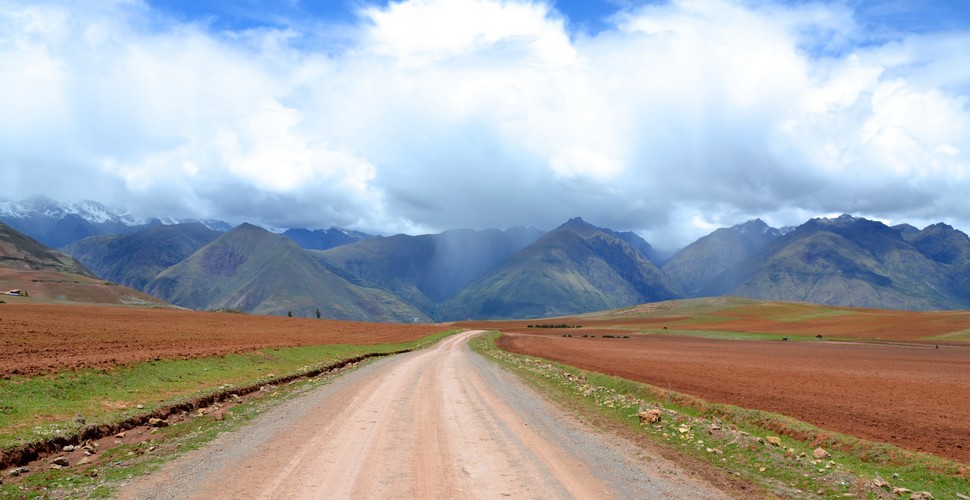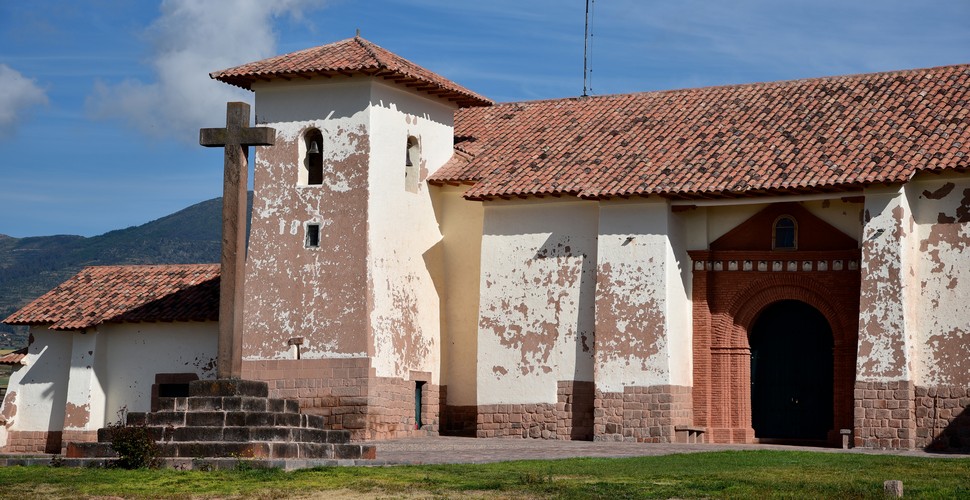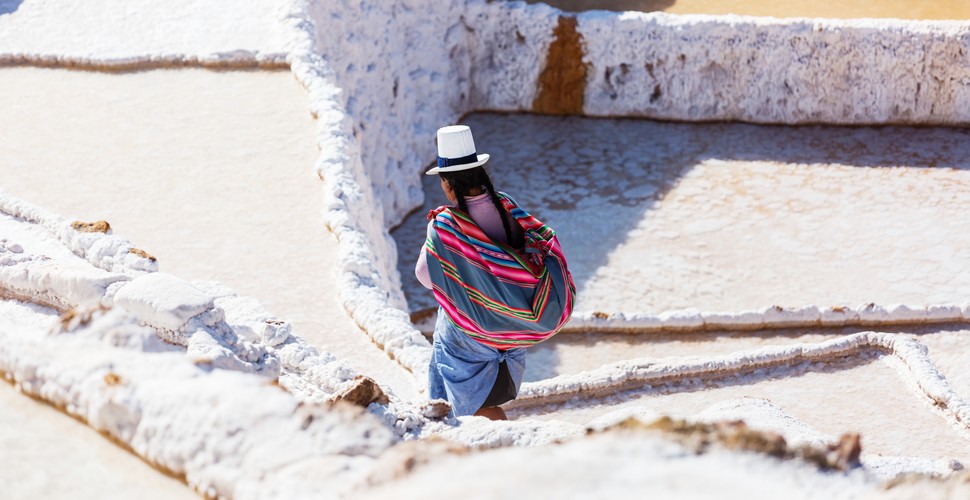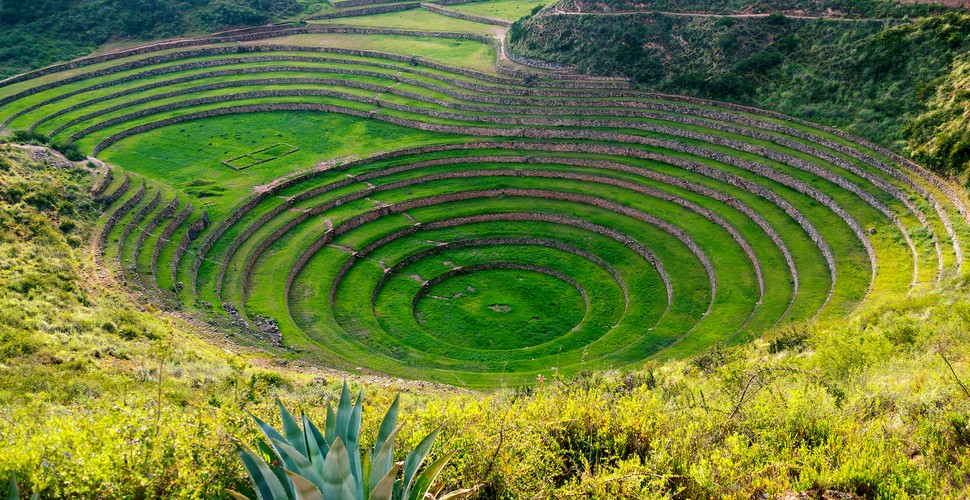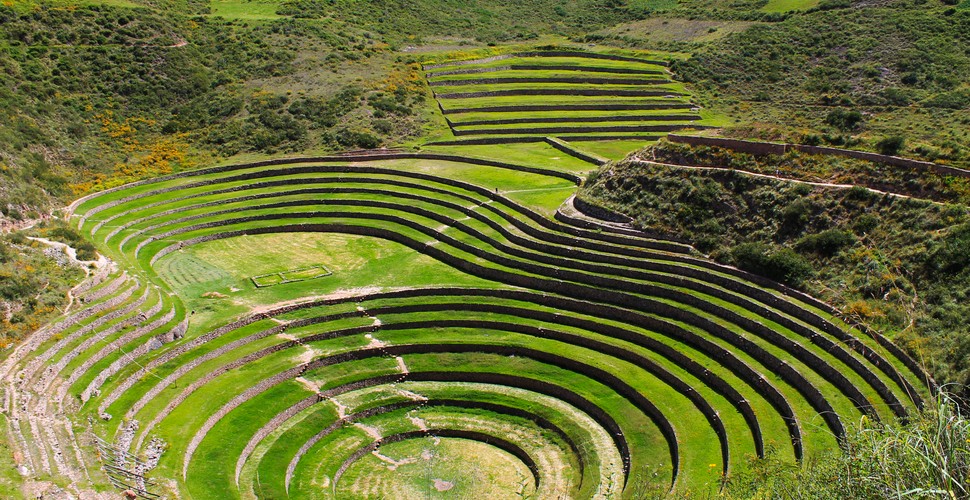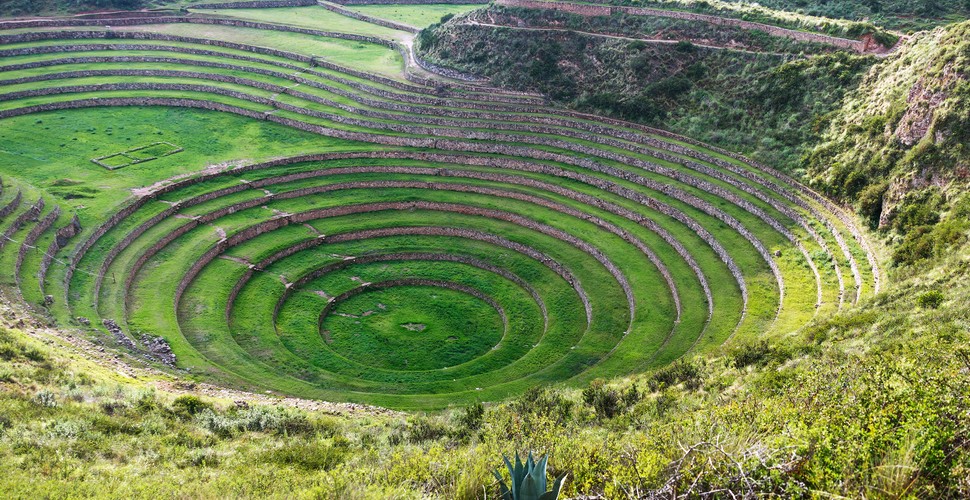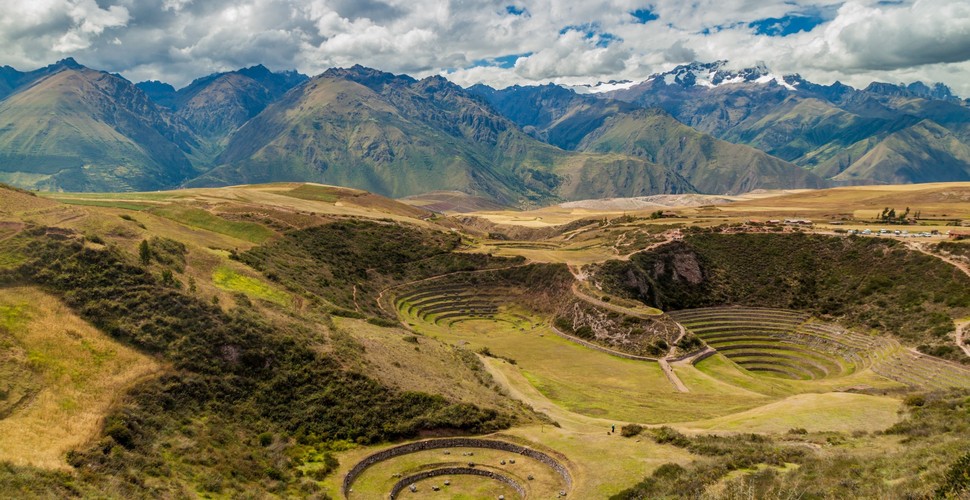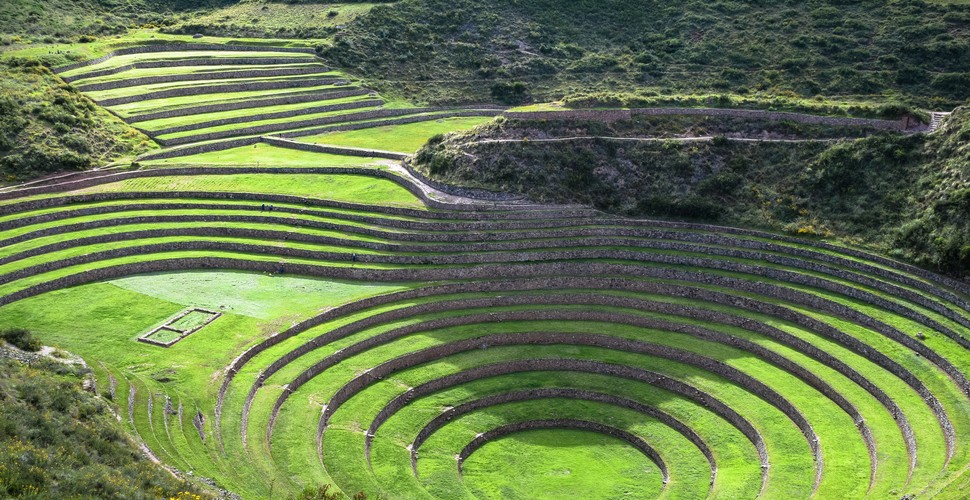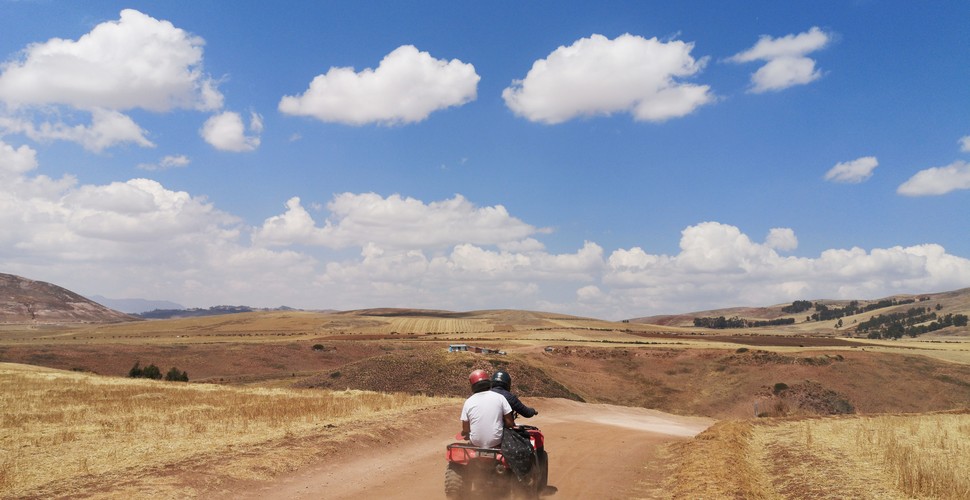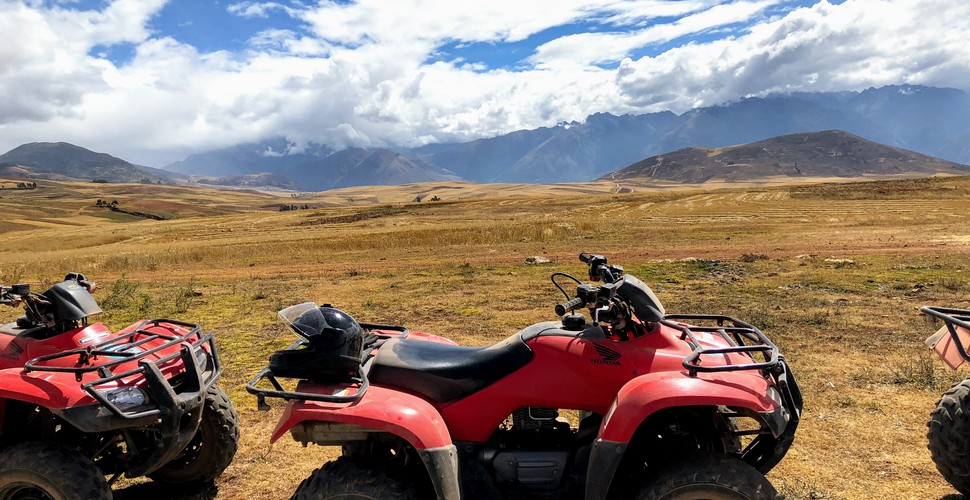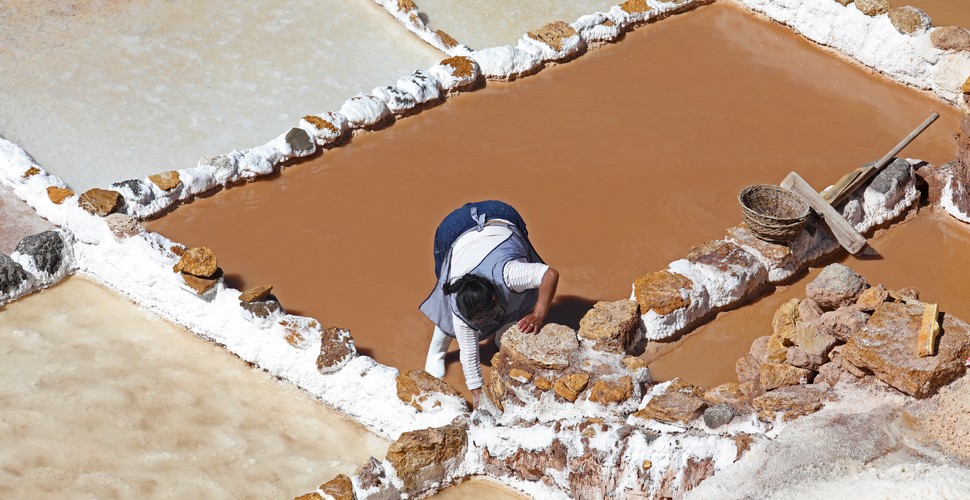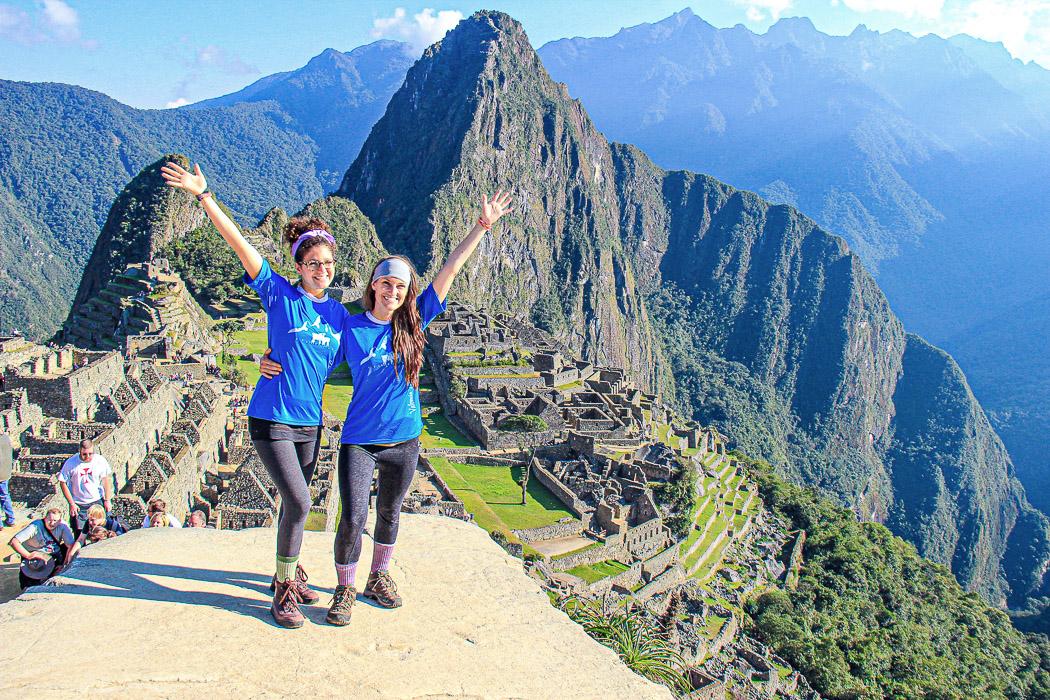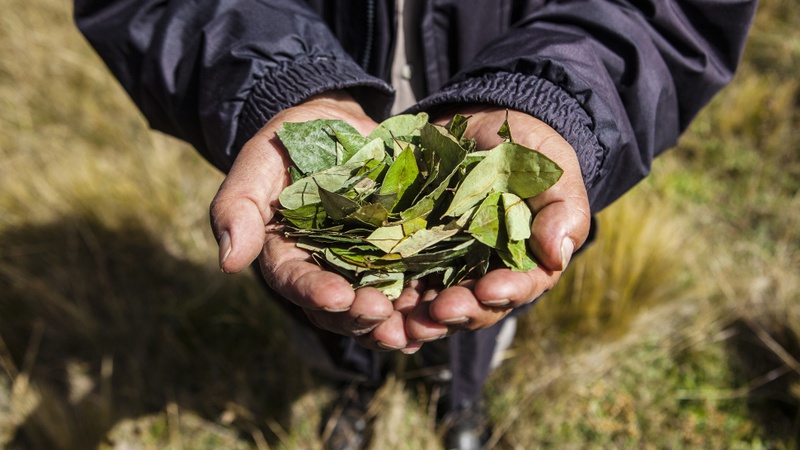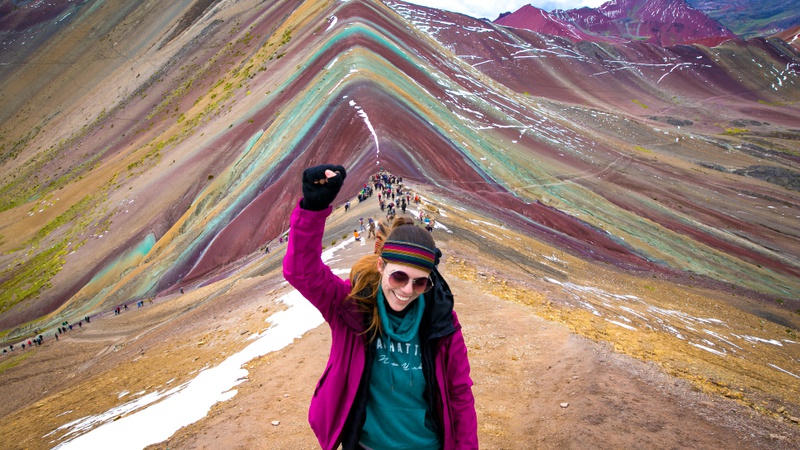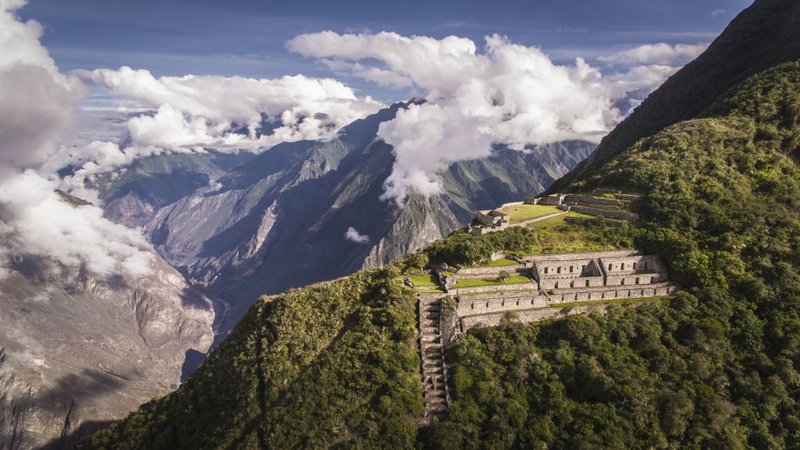

Claire Dean
Travel in South America is a joy to behold. The rich variety of destinations, experiences, landscapes and geography fascinated me so much, that I chose to relocate here, over 20 years ago! The best thing I ever did! Allow me to share my knowledge and passion for Central and South America with you and help you plan your holiday of a lifetime!

Maras and Moray tour
Written by:Claire Dean
Last Update: 2025-02-23
The Sacred Valley is blessed with many remarkable archaeological sites, many of which can be tricky to visit. This is why we developed this excursion to the impressive sites of Maras and Moray on a one-day tour of The Sacred Valley from Cusco. Find out more about these incredible Inca sites here.
The Road to Maras and Moray
Visit Maras Village
Maras Peru is a small village that acts as the gateway to the impressive Moray ruins, another highlight on the Boleto Turístico Cusco. Geographically, they are located in the lower part of the sub-basin and left bank of the Salineras stream, towards its mouth in the river Vilcanota, in the jurisdiction of the peasant communities of Maras and Pichingoto, between the gorge of the Qaqahuiñay, Cruz Mocco, Llully Mocco, and Chupayoq hills. It has three access roads: from the town of San Francisco de Maras, through the bridle path or “runañan” to the salt mines, the road affirmed from the town of San Francisco de Maras, and crossing the Inca bridge of Tarabamba by the Pichingoto community. In Maras, you can find a stunning church with incredible views of the Sacred Valley of Peru. The Maras Salt Mines or Salineras de Maras is another remarkable spot on any Sacred Valley tour. Cusco never stops surprising us with its varied and unique destinations.
Maras Church
Tha Maras Salt Mine
The Salineras in Maras is an amazing one-of-a-kind place you must visit. Here you will find salt evaporation ponds, and salt mines, which were the main source of salt for the Incas themselves. Salt extraction requires cooperative efforts from all local villagers, reflecting the cooperative and collectivistic values which they inherited from their ancestors. The classic pink Maras salt has an intense and complex flavor, which is why it is currently a favorite of Peruvian and foreign chefs. Here, you can purchase it at a surprisingly low price, directly from the producers. Make sure you bring a camera, so you can immortalize memories of this spectacular white sight nestled in the rolling hills of The Sacred Valley of the Incas.
Salt Flats, Maras
Moray
Moray is a set of leveled circular terraces that plunge 150 meters deep, and demonstrate a whole different level of Inca agricultural engineering. Some experts hypothesize that this place was an agricultural research center for the Incas, especially due to the temperature differences found at each terrace level. What is more, research has shown that soil in Moray had been imported from all over the Inca Kingdom, and located at specific places within the terraces, which curiously match the temperature of the geographical location from which they were extracted. Moray is by no means “just another ruin”, it is perhaps the most impressive scientific development of the Incas that we know of, making the visit here entirely worthwhile. A Sacred Valley tour from Cusco to the Moray Inca Ruins should be high on your to-do list during your time in Peru.
Moray Archaeological Site
Moray Archaeological Site
Located in the picturesque Sacred Valley in the department of Cusco, the Moray ruins are a mesmerizing archaeological site. In particular, the Moray terraces are a mind-blowing set of Inca ruins bound to leave you awestruck. When it comes to Inca ruins, the Moray terraces near Cusco are some of the most famous. Surrounded by the sublime Sacred Valley, the Moray ruins are beautifully positioned with gorgeous natural scenery around them. So, whether you’re in it for the historical experience or a nature fix, a trip to the Moray Inca Archaeological site will have you sorted.
Moray Archaeological Complex
There are another three easily recognizable circular terraces that are positioned next to the main attraction. Each offers something a little different in terms of appearance and significance. The remaining two terraces on-site are not well preserved and are some distance from the main terraces. So, they are rarely explored. To be honest, though, seeing the main terraces on-site will more than satisfy your cravings for Inca ruins.
Moray
The historical, cultural, and practical significance of the Moray ruins and terraces has caused much debate over the years. Anthropologists, archaeologists, geologists, believers of aliens, locals, and travelers alike, discuss the possible reasons for the existence of the ruins. From archaeological excavations, it’s suggested that some of the lower Moray terraces were actually created by a culture predating the Incas! Likely, the Wari culture, which lived during the 6th–10th Century was responsible for the construction of some of the Moray terraces. But, what remains of the Moray terraces were likely developed by the Inca Empire during the 12th–14th Century. Of course, the Moray Inca Ruins were known by locals for many years. But, the Moray terraces were brought to the attention of the world in the 1930s. At this time, aerial observation from American and Peruvian researchers helped to discover the Moray Inca Ruins, as well as the Nazca Lines, near Lima. When the Moray terraces were discovered, local communities were using the area for agriculture. In fact, farming in the area only completely ceased around 2017! Similar to the terraces at Machu Picchu, the Moray terraces were carved out of the mountainside. The terraces were then consolidated with stones and soil. Water channels were also created throughout the site for irrigation and drainage. This irrigation system is present at the Moray ruins as well as a temperature difference of approx. 12°C between the top and bottom of the Moray terraces shows this was some kind of experimental agricultural site. Also, it’s been observed that the sun strikes each terrace at different angles, producing varying levels of heat. Essentially, each of the Moray terraces has unique microclimates. In this way, the Incas studied the effects of altitude and temperature on crop growth to determine the best agricultural conditions and practices.
Concentric Circles of Moray
There is also evidence also that the site was used for ceremonial purposes. The idea of Moray as a ceremonial site is given strength by local communities in the area. Locals tell stories, dating back to the time of the Incas, which describe celebrations and ceremonies taking place at the Moray ruins. In fact, celebrations still take place today. Annually, in October, locals gather at the Moray Inca Ruins to celebrate Moray Raymi. It’s unlikely that the Moray terraces were purely developed for ceremonial purposes. That’s because Moray is located far away from Cusco, the former Inca capital. Indeed, Moray would have been an inconvenient place for ceremonies for the Incas. So, perhaps it was mainly used for agriculture and doubled up as a sometimes place for ceremonies, due to the connection between Mother Earth´s resources and the Inca religion.
Spectacular Moray Archaeological Site
What About Maras and Moray by ATV?
Peru’s Sacred Valley lies in the Andean Highlands. and is a landscape of rugged mountains, open plains, and soaring mountain peaks. Reaching these remote sites is a challenge. Choose a morning or afternoon half-day tour, and tackle the rough ground with a powerful all-terrain quad bike. With your guide to lead the way, reach historic sites including Moray and Maras with ease, enjoy sweeping views across the Peruvian countryside, and learn of life here under Incan rule. Pass by remote sites of interest including Moray and Maras. Tours include all equipment plus a hassle-free round-trip travel from Cusco. Find out more about the ATV tour of Maras and Moray here!
The Road to Moray on ATV
Why ATV /Quad Bike the Area?
We recommend this ATV tour to people who are looking for something different on their journey through the Andes to have a beautiful memory of their trip to Cusco and The Sacred Valley. This experience combines history, culture, and adventure in one tour. You will learn about local culture, history, and tradition with a slice of adrenalin, in a very adventurous way.
Quad Bikes
You will enjoy the fantastic views of the valley with the freedom of your quad bike and be able to get to places that would otherwise be inaccessible on a regular tour of Maras and Moray. Your guide will get you set up with instructions on operating an ATV and provide all the necessary equipment. Riding an ATV gives you access to Sacred Valley sites that are tough to reach via a traditional tour of the magnificent Sacred Valley. Combine the history and beauty of the Andean region with the adrenalin-filled activity of an ATV ride that will bring out your spirit of adventure in the best possible way! Find out more here!
Salt Extraction, Maras
Join us on this fascinating tour of The Sacred Valley from Cusco, to the remarkable sites of Maras and Moray to get off the tourist trail and see some of the lesser-visited yet stunning archaeological sites of the Sacred Valley. Ask for more information of the different ways to visit Maras and Moray here!


